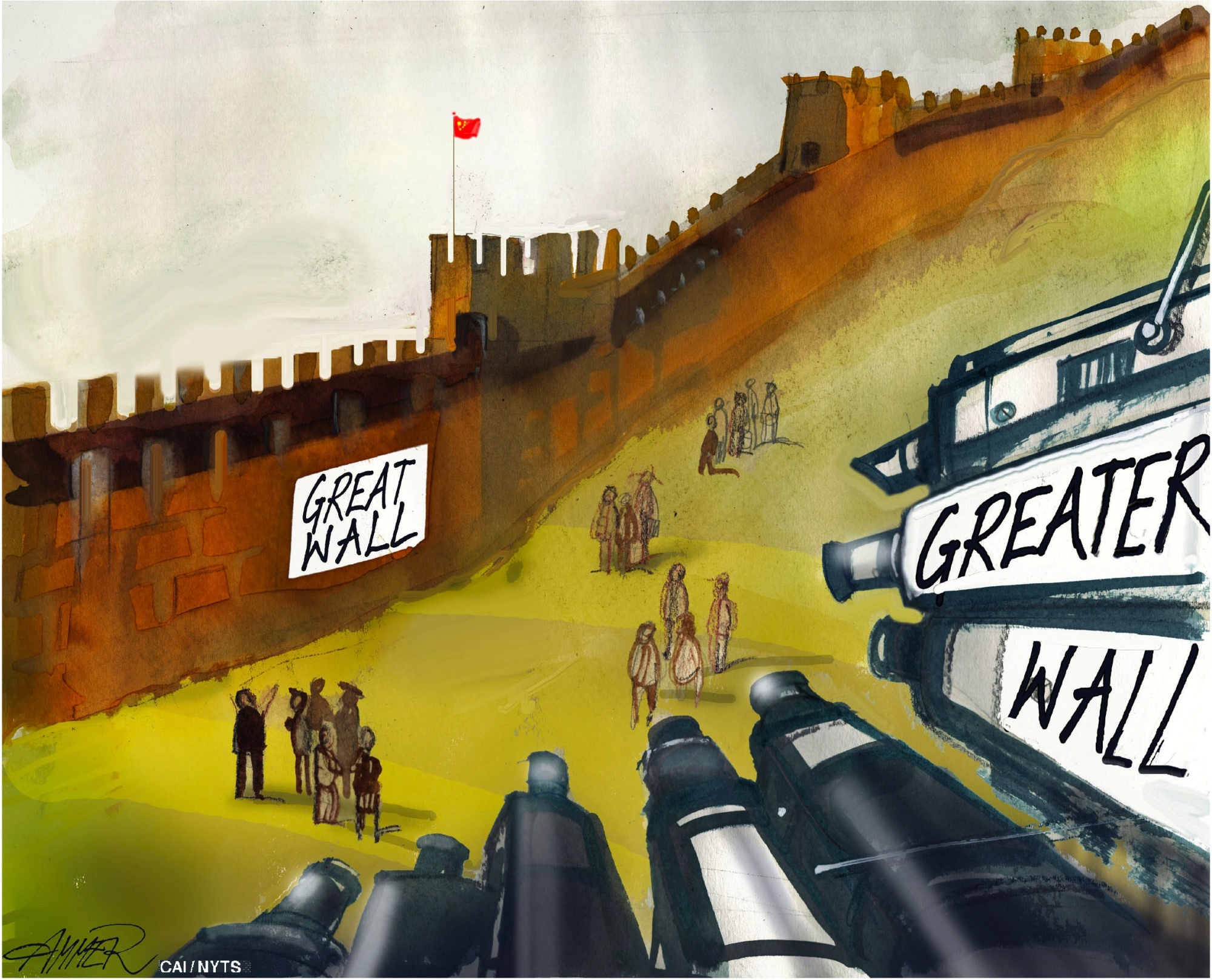A signature theme of the new year is the possibility of a malign confrontation between the world's greatly enhanced capacity for electronic surveillance and the weakening of democratic control. The antidote to that risk is the democratic spirit and civil freedoms — both of which are suffering worldwide. These are not dead, but they are unwell, at times untended.
The world's two most populous states, China and India — together, around 37 percent of the global population — have rolled out nationwide digital systems of monitoring and classification. These combine the collection of personal information needed for fuller citizenship with the capacity for fuller surveillance and intervention by the state.
China's system overtly seeks to monitor the behavior of its 1.4 billion people and to reward those actions the state/Communist Party defines as "good" or punish those it defines as "bad." It is the secular alternative to religiously guided societies, substituting the commandments of a god mediated through a priesthood with the criteria of a state whose ruling party claims virtual infallibility through its interpretation of the philosophy of Karl Marx aided by a gloss provided by its president — the "Xi Jinping Thought on Socialism with Chinese Characteristics for a New Era," now written into China's constitution.



